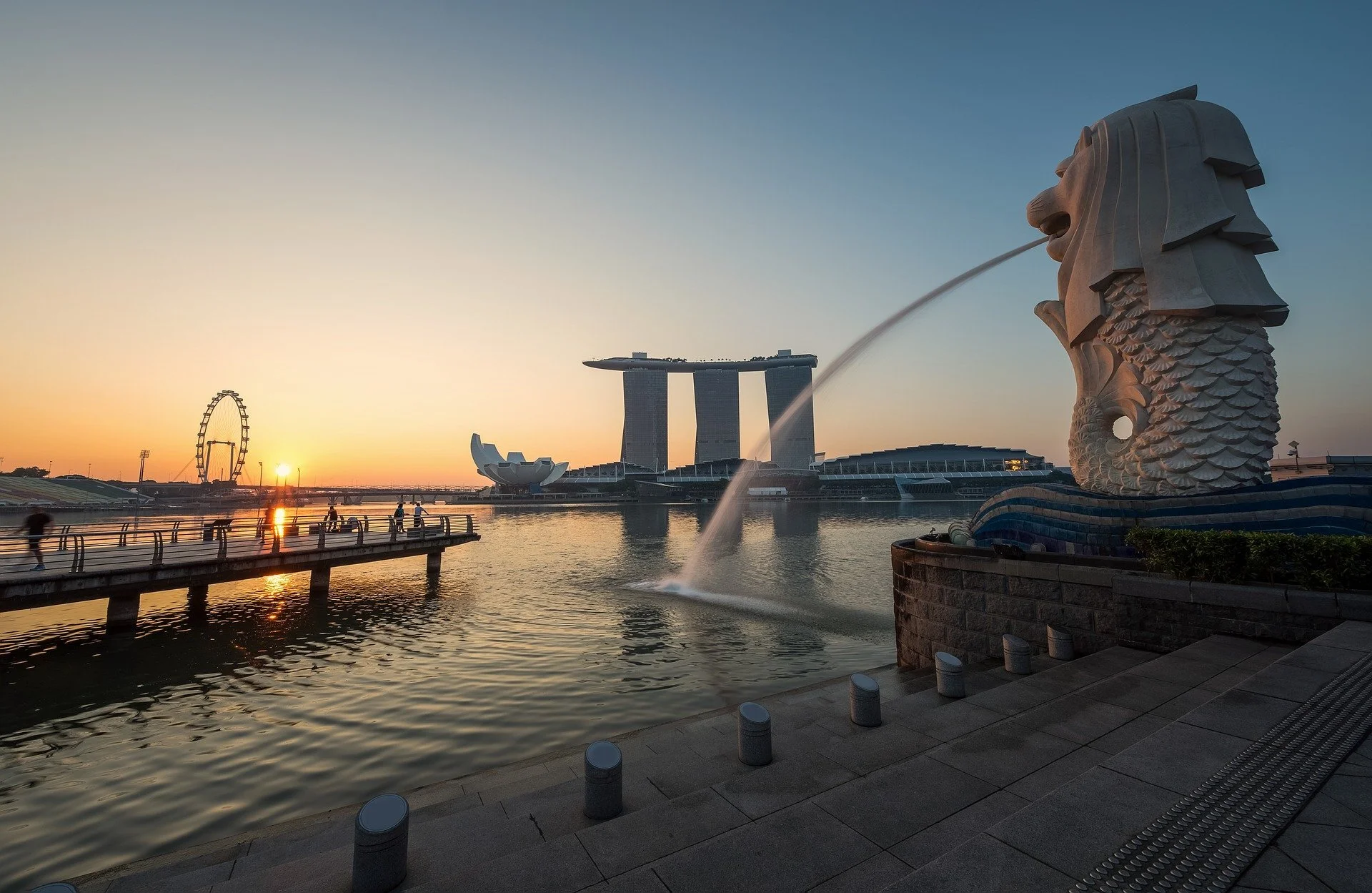You won’t find much political material here.
I’m not particularly interested in politics for its own sake, though I have found that the related effects, especially geopolitics, can be very interesting.
Nevertheless, I love my country. I am proud to be Singaporean, and to have grown up here.
But enough about me. Back to the subject at hand: Singapore’s General Election 2020 (GE2020). And a curious incident that occurred because of it.
Singapore’s parliament has been under a single party majority since its independence.
This party is, of course, the People’s Action Party (PAP).
And after GE2020, the PAP still makes up the majority - winning 83 out of 93 seats.
The other 10 seats were won by the Workers’ Party (WP), who won an additional 4 seats through the Sengkang Group Representation Constituencies (GRC), while holding on to 5 seats from Aljunied GRC - won in the previous election in 2015, and 1 seat in Hougang Single Member Constituency (SMC) - won since 1991.
In response to this new win, Prime Minister Lee Hsien Loong (PM Lee), leader of the People’s Action Party, announced that the government would like to recognise current leader of the Workers’ Party, Mr. Pritam Singh, as the official Leader of the Opposition - something that has never happened before.
There are many lessons to learn from this General Election, though many others have presented a number of these lessons. I may do so at a later date, but I would like to dedicate this post to the event that I just mentioned:
The recognition of an official Leader of the Opposition.
PM Lee gave a press conference in the wee hours after the votes had been collected, counted, and the results announced. He talked about his party’s position and plans going forward, and then he congratulated the Workers’ Party and made the announcement of intent to recognise Mr. Pritam Singh as Leader of the Opposition.
As soon as I heard the words, I remarked, “Oh, that’s very clever.”
When asked about my remark, I explained the following:
By making Mr. Singh an official Leader, he will likely receive staff and support for his team (this was mentioned as part of the announcement). It was also announced on the news later that he may even have an office space, on top of secretarial support.
While this all sounds great, I believe that this will have a host of unintended (or intended, depending on how you view it) consequences.
With staff and space to manage comes administration and people problems. While I’m sure that Mr. Singh is fully capable of delegating and leading well, as he has demonstrated in the past years and during this GE2020, every additional task takes up additional mental resources and everyone has limited amounts of attention and energy.
The less he can dedicate to leading his team, reviewing proposals, and suggesting new policies, the less effective he will be.
Now, I am confident that the PAP is worth trusting and I have no particular reason to doubt that they will uphold integrity.
I cannot, however, help but notice that this sounds like a tactic - both to monitor (though not necessarily in terms of politics) and to tie down an opponent within a controllable area and circumstance.
If you play sports, games, and/or fight an actual battle, you will know that this is a highly valuable strategy. It increases your stability, lowers the amount of unknowns that you have to deal with, and gives you advance warning in the case of a potential move against you.
Again, I’m not saying that the PAP necessarily intended this, but I have no doubt that someone would at least have understood this to be, at a minimum, a side benefit.
On top of this, I noticed that the position/title is not a party-specific one, which, of course, would be redundant, seeing as Mr. Singh is already leader of his party. The title in this case is Leader of the Opposition.
The ‘Opposition’ is made up of a number of different parties and comprises different ideologies, personalities, and agendas. Many of them are in conflict with one another - part of the reason they have not consolidated their efforts and/or joined efforts as a single party.
This non-consolidation is constantly questioned by a number of Singaporeans, who feel that banding together to ‘defeat a common enemy’ is the best course of action.
I do not agree.
After all, what is the point of such a victory if the aftermath results in in-fighting, self-interest, and division of the spoils?
No, the parties have to remain separate and only come together should their values align and the people within are willing to work together for the long-term.
The PAP understands this, and uses the non-unity to its advantage. I expect nothing less from them. They have not stayed in power for so long by relinquishing the use of obvious advantages.
To use the advantage, they have to manage and adjust to each different party’s many variables. By having a Lead of the Opposition, this messy management task can be offloaded to him/her. Now, they only need to manage one entity - a result that is more predictable and far easier.
This next statement has not been announced, so this is mere speculation: It is possible that, if an opposition member wishes to communicate or make a request, they may have to do it through the Leader of the Opposition. This uses up his/her resources, instead of the PAP’s. Great for the PAP, perhaps not so good for the Leader of the Opposition.
I’m certain that the PAP knows that some of these differences (in ideology, personality, agenda, etc.) may be disagreeable to Mr. Singh, who is human after all, and has his own and his party’s views and values to consider.
The unpleasant task of turning these requests and communications down or away will then fall to Mr. Singh, who will be seen as responsible for doing so, without implicating the PAP as ‘unwilling to listen to the opposition’ or ‘not open to alternative views and opinions’.
Certain too-different personalities and/or views will likely then never make it into discussion, let alone influence policies, and all without the incumbent party having to deal with them.
To me, the offer of Leader of the Opposition is a masterstroke of cunning strategy, one that I admire for its sheer brilliance. It is has the mark of a carefully-considered offer, not just a mere whim or fancy.
I must reiterate that the incumbent party may not have necessarily intended these things, but they are or can be results of accepting the position. And, understanding how the incumbent party’s members are likely to think helps me to see things from their perspective. I believe that these things have been considered, though not necessarily vocalised or purposefully intended.
It is entirely possible that they truly wish to offer the position as a means of congratulations and with hope of working more closely together with the Opposition. I certainly hope that this is the case.
In the midst of the emotions of the win, the WP may overlook them and simply accept the position without question, negotiation, and/or careful consideration.
Certainly, every post and article (which are few and far between) that has talked about this has been merely congratulatory in tone, with no deeper analysis of its other effects. This concerns me greatly.
As of the time of writing, an official response from Mr. Singh has seen him accepting the position.
I hope that, in the days to come, he will ask the necessary questions and negotiate his roles and responsibilities in the position.
For his and his party’s good, and the good of Singapore and Singaporeans.





